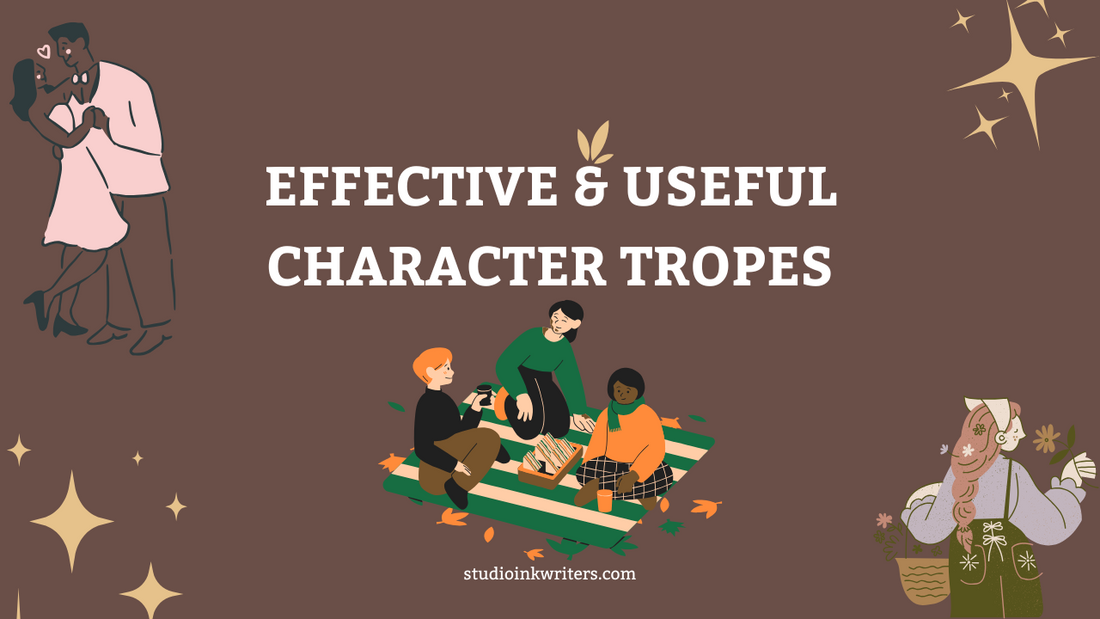
Effective & Useful Character Tropes
Share
Some tropes make for great storytelling and really connect with readers. Here are a few favourites:
-
Antiheroes & Antivillains: They’re morally complex and emotionally unpredictable. Readers are drawn to characters who challenge the idea of good vs. evil and force them to question their own values.
Example: Walter White from Breaking Bad
-
The Funny Best Friend: Provides humour and emotional support, revealing new sides of the protagonist through their interactions. They lighten tense scenes, deepen relationships, and often stand out without overshadowing the main story.
-
Enemies to Lovers: Built-in tension, forced vulnerability, and explosive chemistry. The emotional arc from hatred to intimacy is incredibly satisfying.
-
Fake Dating: It’s a lie that begs to become the truth. Sparks fly as characters pretend not to feel what they obviously do, thus creating irresistible romantic tension.
-
The Weird Small Town: The town and its denizens offer a closed system full of secrets, charm, or quiet dread, perfect for layered storytelling.
Example: Stars Hollow in Gilmore Girls
-
The Found Family: It hits deep emotional notes about acceptance, healing and love. These relationships are built, not inherited, offering a sense of belonging and support where it was once missing.
Example: Six of Crows by Leigh Bardugo
Whether you're crafting a grumpy mentor, a reluctant hero, or a charming rogue, the right trope can instantly anchor your character in the reader's imagination.
Follow me on Instagram for more practical writing tips and writing-life strategies.
Click this link to grab your free writer tools - Worldbuilding worksheets, Form, Style, & Voice Sheets and more.







